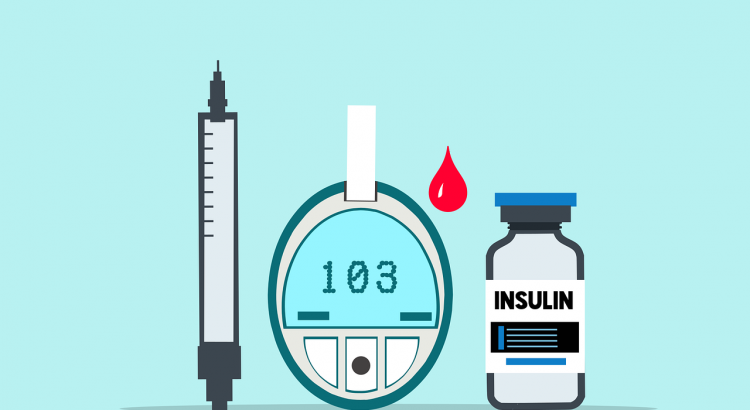If you or a loved one have been diagnosed with diabetes, a disease that occurs when glucose levels in the blood are too high, you may already know that managing diabetes can pose many challenges.
When the day-to-day demands of living with diabetes become too much, “diabetes distress”—a common feeling experienced by many—can occur. This emotional feeling can develop from the stress of daily self-management, taking medications, overall stigma, fear of complications, lack of support and financial concerns.
You may be experiencing diabetes distress if you have felt one or more of the following:
- Frustration or disengagement from self-care tasks (e.g., skipping medication doses or not monitoring blood glucose)
- Fears about future potential complications
- Concerns about the cost and quality of your diabetes care
- Unhealthy or uncontrolled eating
- Risk-taking behaviors
- Canceling or frequently rescheduling your appointments
If you’ve felt or done any of these examples, know that you are not alone! An estimated 40% of individuals with diabetes develop diabetes distress. This feeling can occur at any stage or duration of the disease, from those newly diagnosed to those that have had diabetes for many years and can peak during times of overall increased stress or a change in condition.
Recognizing and sharing your diabetes distress is as important as knowing your glucose numbers or A1c. If left unresolved, it can lead to further diabetes related complications and depression.
There is hope! Share your feelings with a trusted person on your healthcare team or your diabetes care and education specialist. There are likely many ways you are trying to manage your diabetes well, and, together, you can implement a safe plan to address and lessen some of the diabetes-related burden you are feeling.
Don’t forget to be kind to yourself! It’s OK if you need to reassess your goals. Remember to focus on one small, attainable goal at a time. Consider other ways to cope with stress, such as massages, mindfulness, guided imagery, yoga and music therapy. It may also be helpful to reach out to a diabetes-related support group either online or locally.
The Diabetes Program at Carroll Hospital is here for you! Our program offers a comprehensive Diabetes Self-Management Education and Support Program accredited by the American Diabetes Association. Our team of registered dietitians and nurses are available to answer your questions and provide information so you can gain a better understanding of diabetes and meet your goals.
These services are covered by many insurance types, and Medicare beneficiaries with a diabetes diagnosis can receive Diabetes Self-Management Training covered at 80%. Many secondary insurances will cover the remaining 20%. In addition to group and individual education sessions, we offer a free Diabetes Education and Support Group that meets every month.
Please contact [email protected] or call 410-871-7000 for more information.
Genie Ladic, RN, is a diabetes care and education specialist at The Diabetes Program at Carroll Hospital.
Resource: ada_mental_health_workbook_chapter_3.pdf (diabetes.org)
